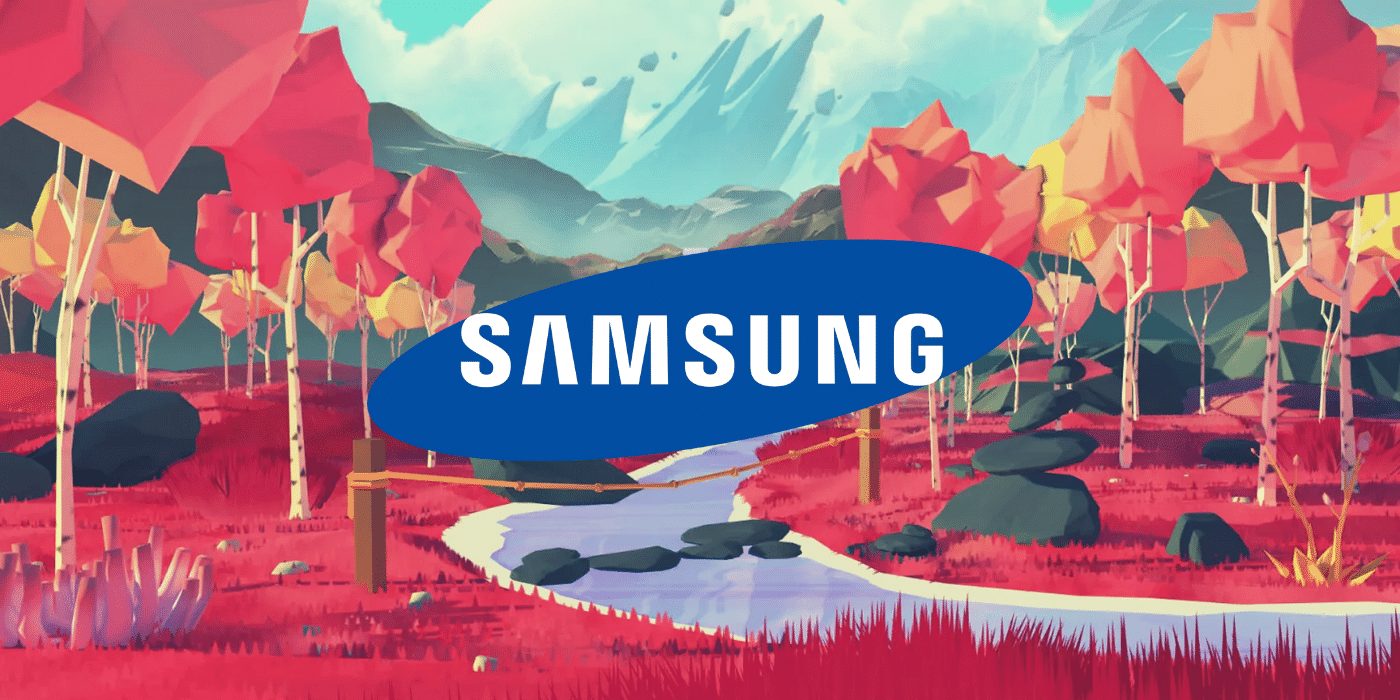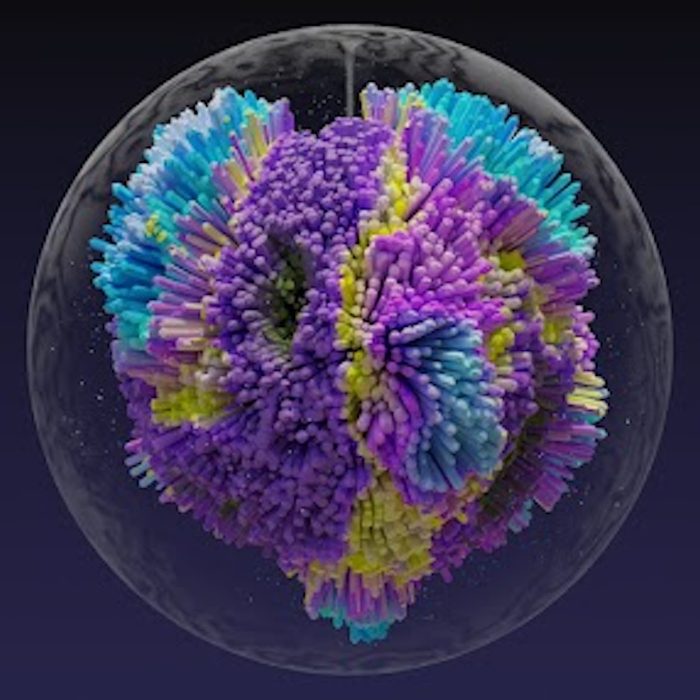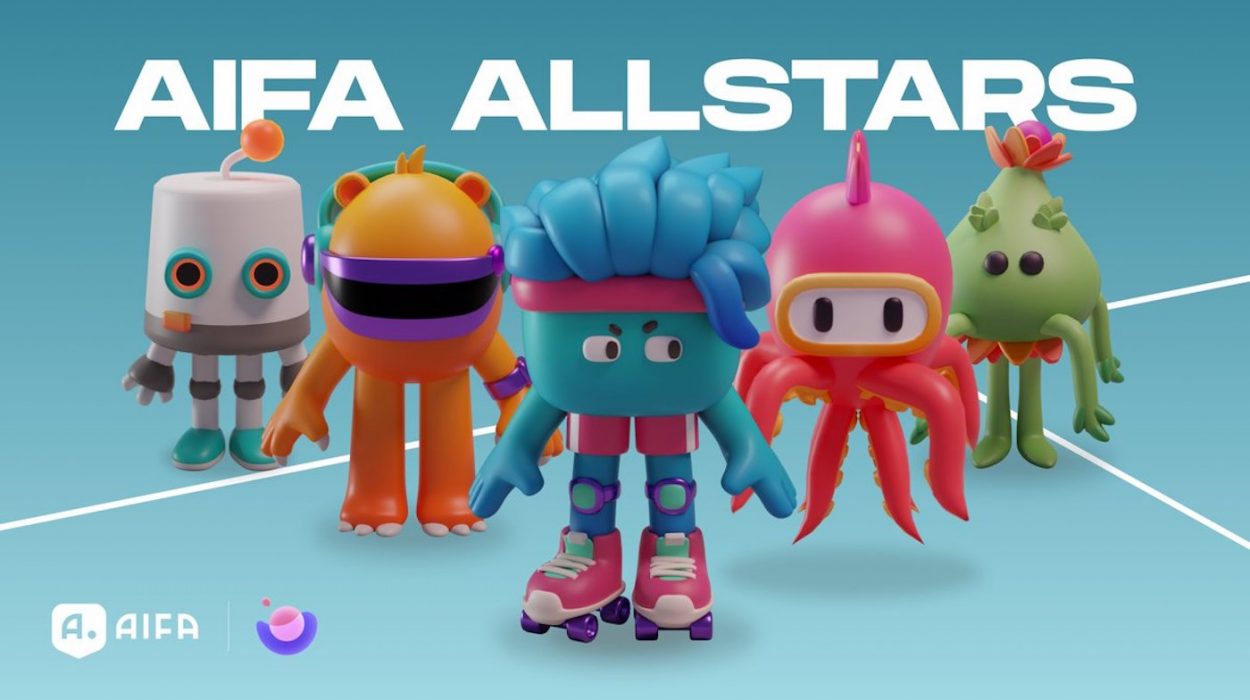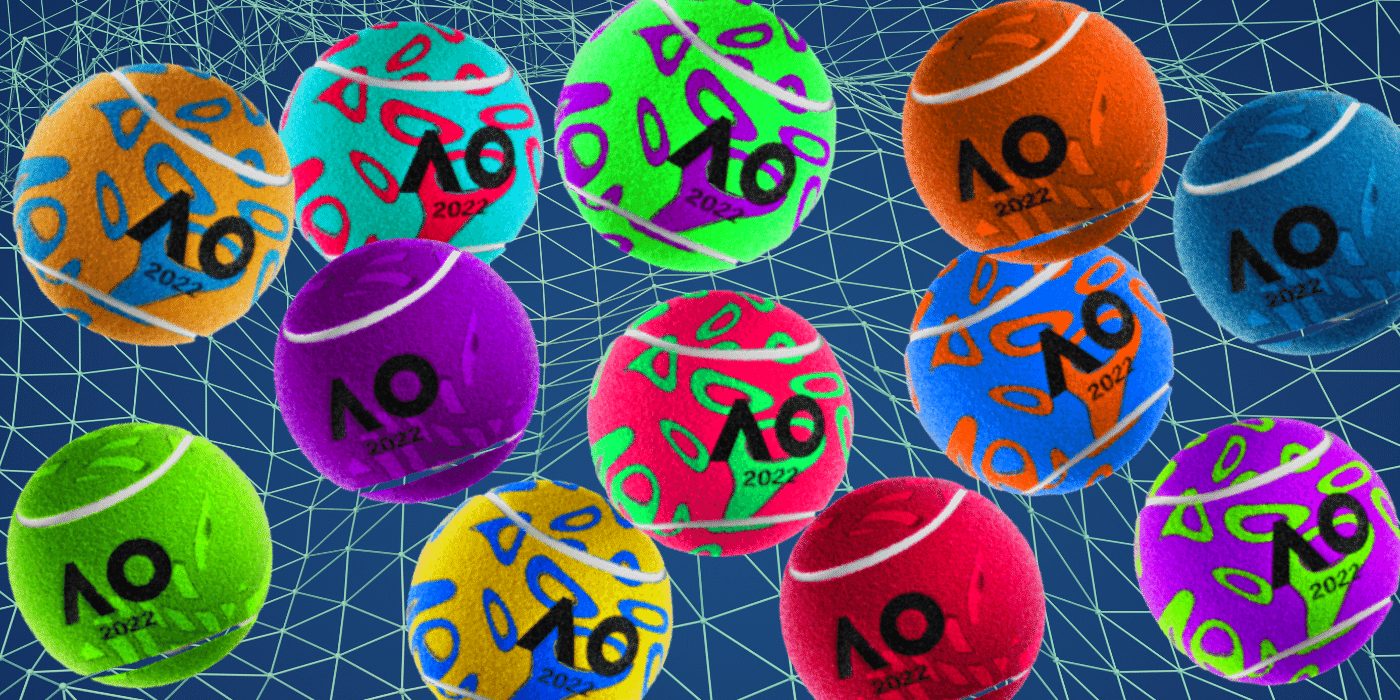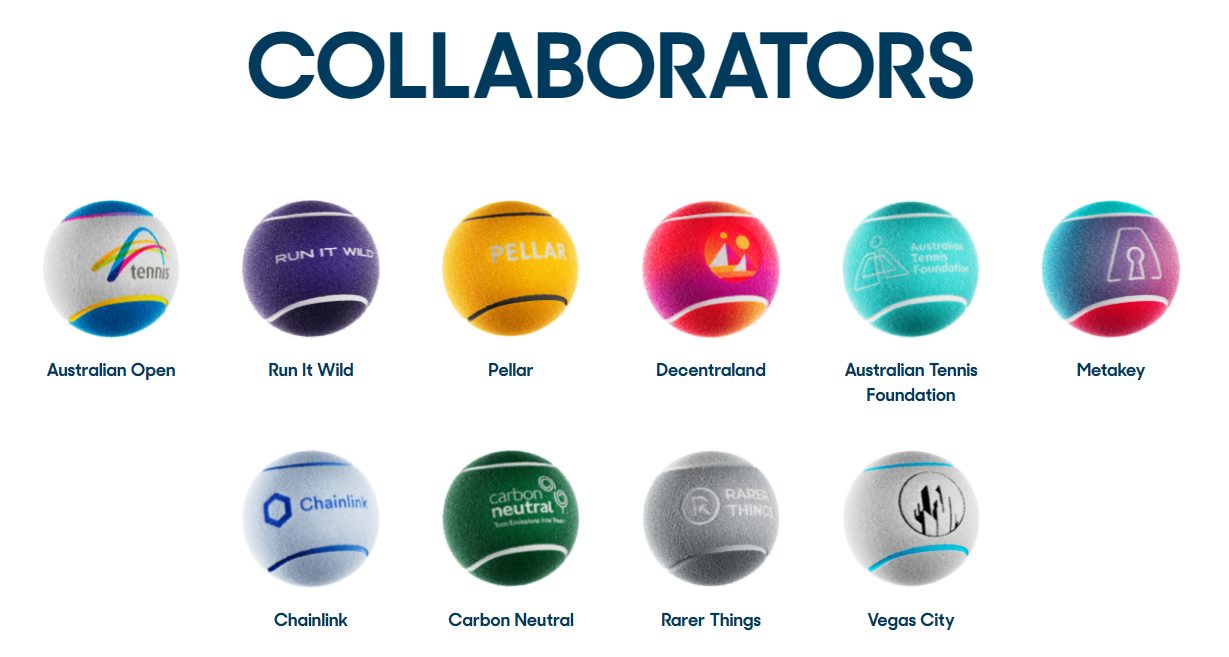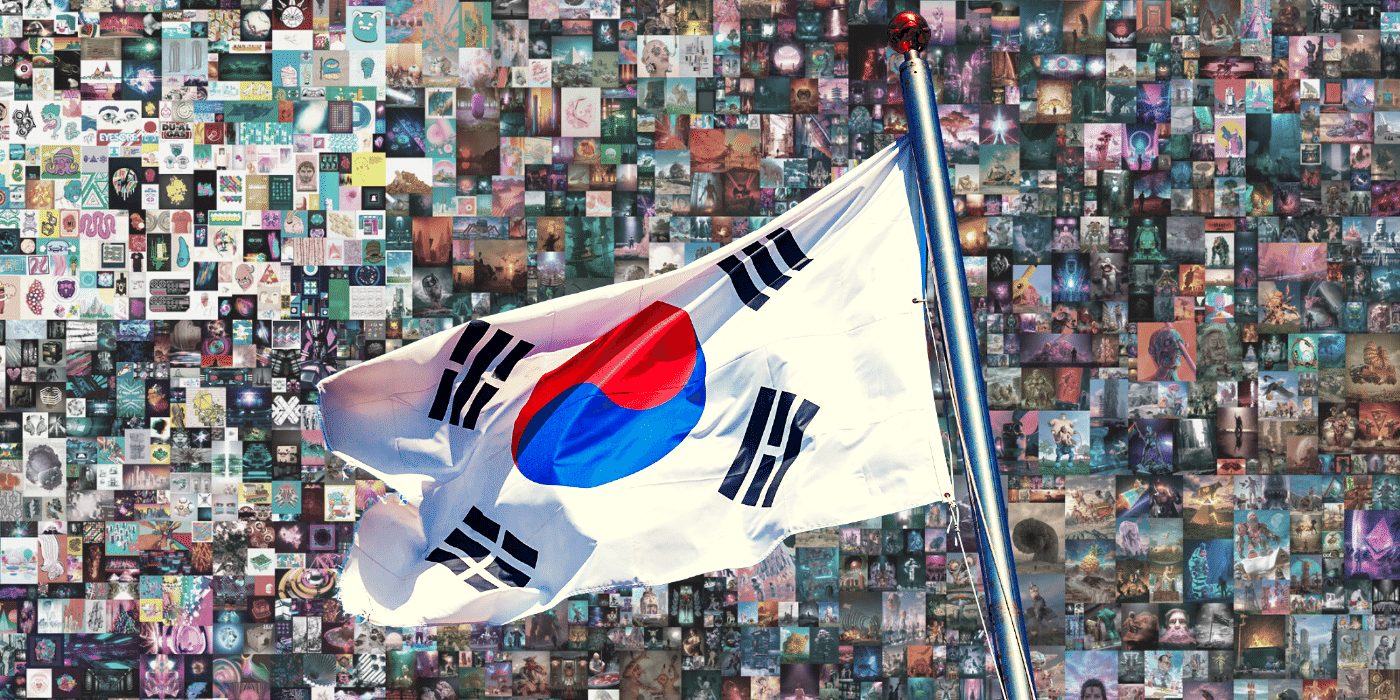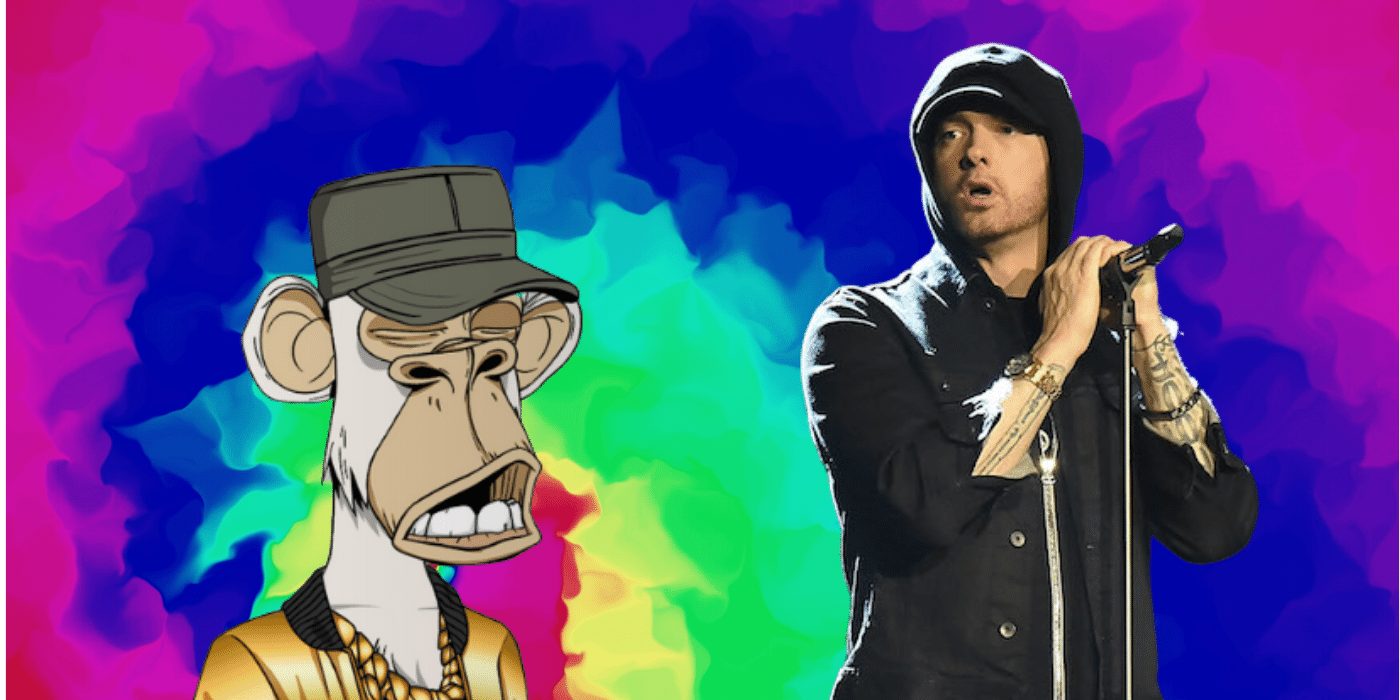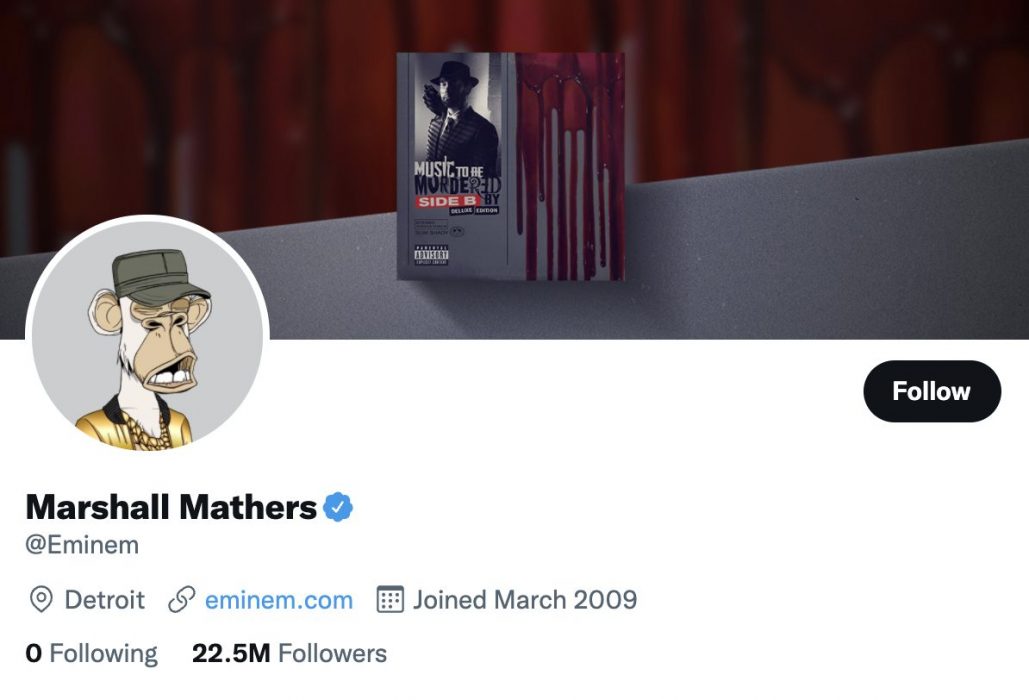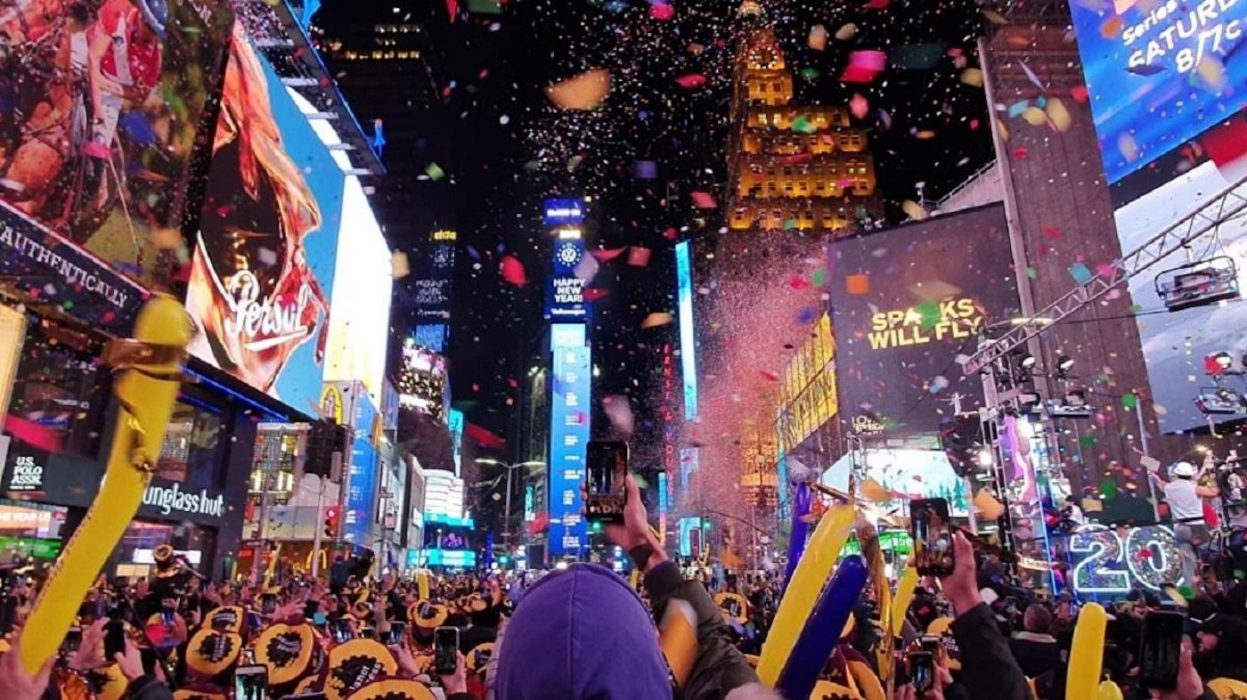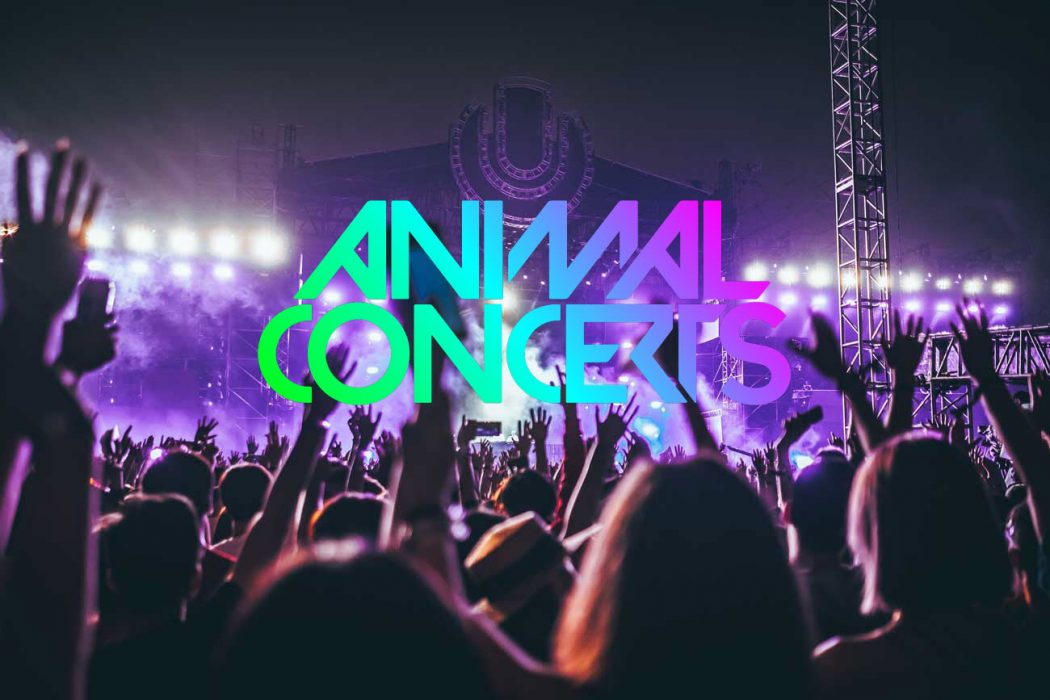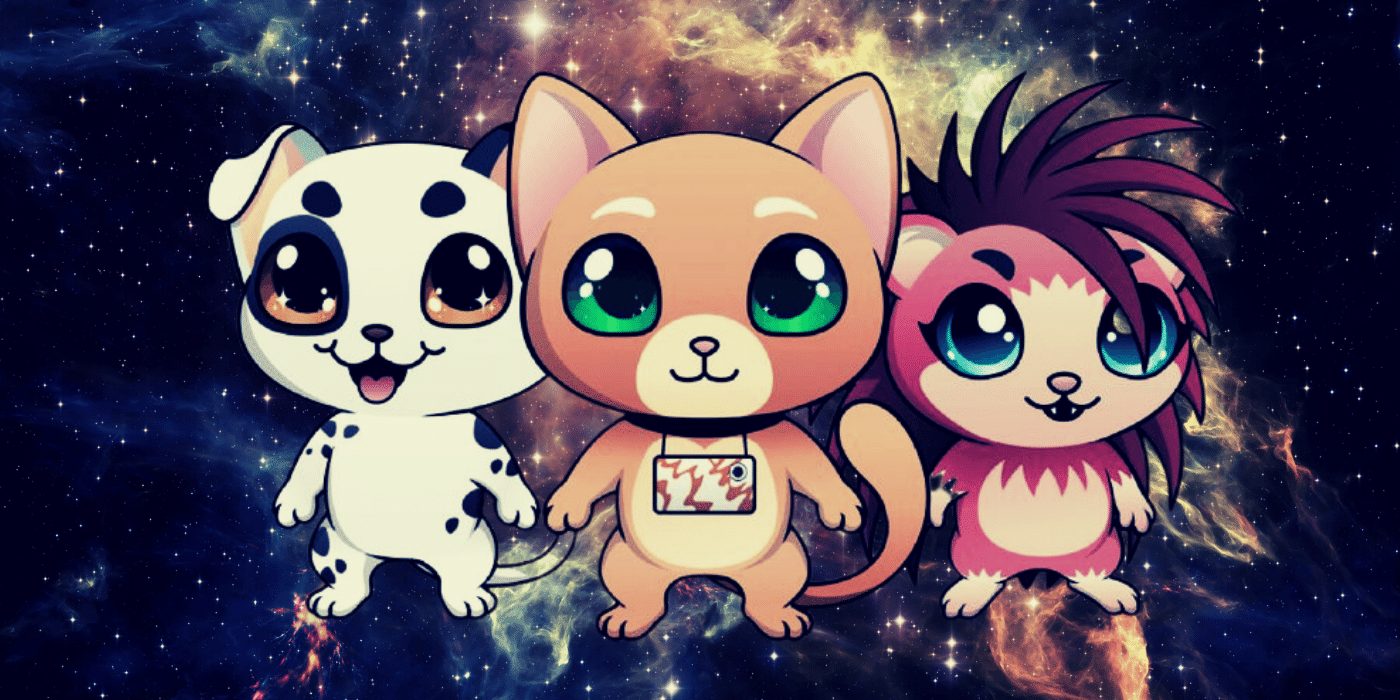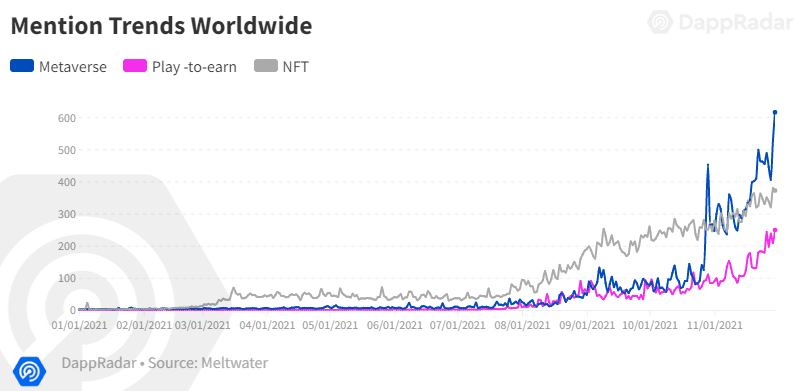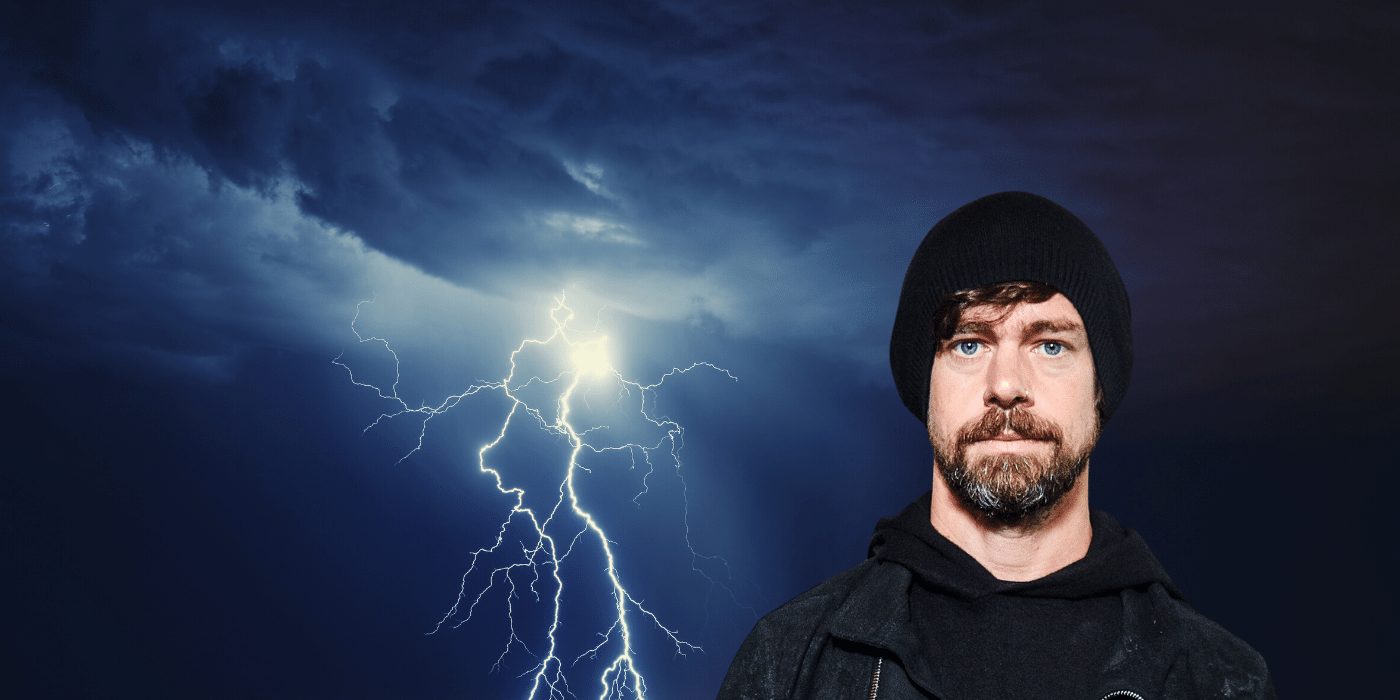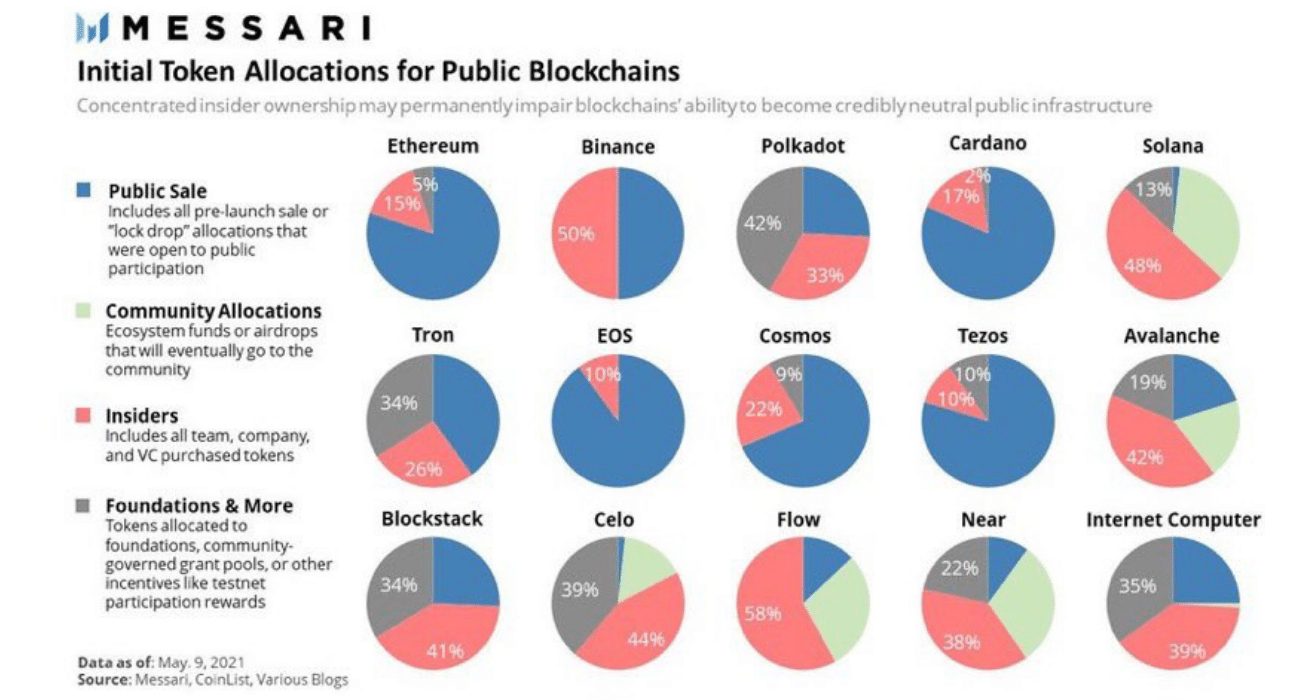A new project called Animal Concerts is building a virtual touring company to host virtual live music events in the Metaverse. Through the project, artists can earn up to 50 percent of revenues from both ticket and NFT sales.
It’s time for the next generation of concertgoers and fans to deck out your home theatre, get a VR headset and watch your favourite artists from the comfort of your lounge.
The Animal’s Metaverse will include online concerts, virtual merchandise in the form of digital collectible NFTs, and a community of superfans. Bringing together all aspects of a real-world live event, Animal Concerts will be the hub for delivering online immersive virtual reality experiences for fans like nothing they’ve encountered before. Founder Colin Fitzpatrick says the goal is to become the “Netflix of live streaming concerts”.
With 360-degree cameras on stage, you can use a VR headset to get an immersive experience – like you are dancing on stage with your favourite bands, from your living room anywhere in the world. We want to enable you to enjoy the concert with friends by seeing their avatars.
Colin Fitzpatrick, founder, Animal Concerts
The platform will use cutting-edge technology, setting up multiple 360-degree cameras on stage to feed high-quality footage and audio directly into punters’ VR headsets. Click here to read the full roadmap of features outlined in the Animal Concerts Whitepaper.
A-List Artists to Promote the Metaverse
Animal Concerts will leverage the online fan reach of the A-list artists it promotes by contracting them to help market and push the brand of the platform. “No other crypto will have this many celebrities onboard, promoting us on social media,” its website boasts. “Propelled by these celebs, we will achieve the biggest social following of any cryptocurrency.”
Restrictions on travel and gathering in numbers over the past two years of the pandemic has decimated the revenues of artists who rely on live performance to generate income. Album sales have also been in sharp decline as streaming services continue to replace traditional methods of music consumption.
Round Up Your ANIMAL token
$ANIMAL will be the native token for Animal Concerts. Holding the Animal token will allow users:
- payment for concert tickets, NFTs and other merchandise on the Animal Concerts marketplace;
- tiered rewards for early investors;
- governance, voting and fan interaction, free tickets, limited-edition merch and early access to unique materials and collectibles;
- discounts for fans purchasing tickets with the ANIMAL token over platforms such as Ticketmaster, etc;
- participation in online communities of loyal fans; and
- creation of art, gaming and music NFTs.
At Last, a Serious Challenge to Spotify
Major streaming service Spotify, however, has been criticised for undercutting musicians’ revenues and has upset the industry with its unfavourable artist royalties distribution model. Animal Concerts is set to change this, allowing performers to earn 50 percent of revenues from both ticket and NFT sales. By benefiting the artists directly, Animal Concerts provides a massive incentive for celebrities to entice their fans into the metaverse.
Aiming to launch upwards of 20 virtual reality concerts in 2022 along with NFT collectibles, Animal Concerts has announced a lineup of artists that includes Adele, Arctic Monkeys, Beastie Boys, Backstreet Boys, Bruno Mars, Drake, Ellie Goulding, Fatboy Slim, Frank Ocean, Gwen Stefani, the Killers, Kings of Leon, Miley Cyrus and more.
Teaming up with some of the biggest players in the metaverse, Animal Concerts has partnered with 3D virtual world platform Decentraland, NFT and gaming giant Enjin, and blockchain payment company Circle, among others.
Participate in the IDO
Animal Concerts will be launching on PolkaBridge on January 18. To participate, fill out the registration form for Animal Concerts before January 17 and be sure to have ETH in your wallet:
As a precursor to the Animal Concerts model, in October the US financial services company Republic announced the launch of “Republic Music”, an investment product offering “an entirely new way to create, produce and share royalties from music”.
In an earlier challenge to the dominance of Spotify, Audius, a music streaming platform based on the Ethereum and Solana blockchains, partnered with popular Chinese video-sharing and social media app TikTok to create TikTok Sounds. Within 24 hours of the August announcement, the $AUDIO token’s price spiked over 200 percent.

